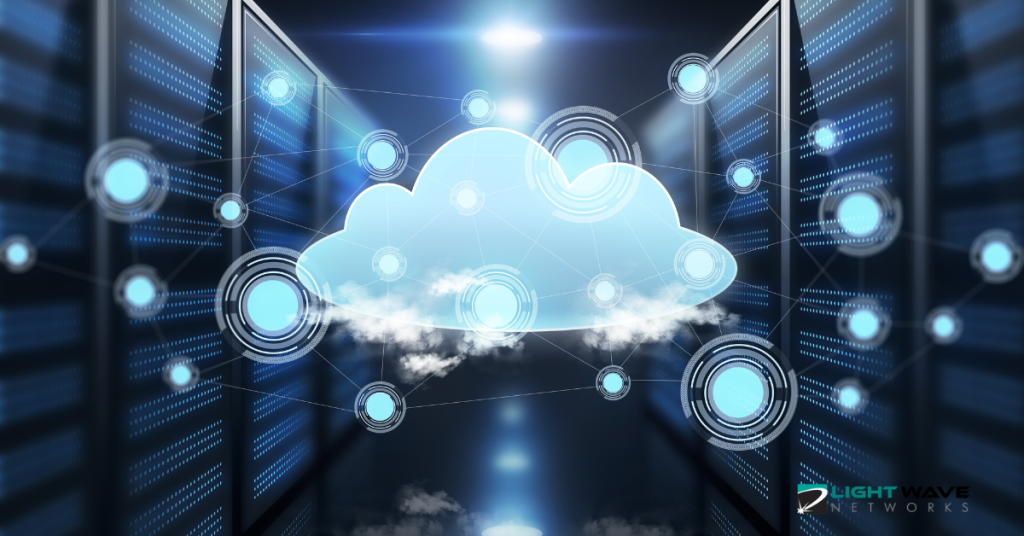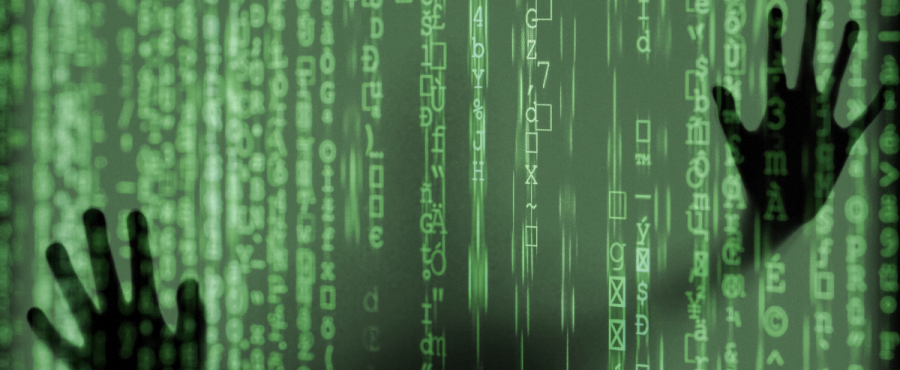Colocation Hosting Philadelphia: Powering the City of Brotherly Love’s Digital Growth
As Philadelphia’s digital landscape expands, businesses need reliable and scalable IT solutions to keep up with the technology. Philadelphia colocation hosting is essential for companies looking to enhance their infrastructure without the hassle of managing hardware on their own.
Read MoreThe Benefits of Cloud Hosting Services

In today’s rapidly evolving digital landscape, businesses are increasingly turning to cloud hosting solutions to streamline operations, enhance scalability, and drive innovation. Cloud hosting offers a multitude of benefits that cater specifically to the needs of businesses, making it a cornerstone of modern IT infrastructure. As the premier provider of essential services from colocation data centers to cloud-based hosting services, the team at LightWave Networks explains all you need to know about the benefits of cloud hosting. So, what are the benefits of a service hosted in the cloud?
Read MoreInformation Technology in Finance
In today’s dynamic financial landscape, the fusion of information technology in finance, also known as IT in finance, is indispensable for efficiency and competitiveness. At Lightwave Networks, we recognize the pivotal role of IT infrastructure in the financial sector.
Read MoreColocation for Banks
LightWave Networks provides specialized colocation services tailored to the stringent data security needs of banks across the United States. Recognizing the paramount importance of safeguarding financial data, our advanced data centers offer a fortified environment for colocation servers and IT infrastructure. Financial institutions can rely on colocation for banks, including our high-performance computing capabilities that are coupled with redundancy features and rigorous security protocols such as biometric authentication and continuous surveillance. This ensures the utmost integrity and confidentiality of sensitive financial information, aligning seamlessly with industry regulatory standards.
Read MorePEN Testing vs. Vulnerability Scanning
A business would avoid vulnerable networks to safeguard sensitive data, protect against cyberattacks, maintain continuity, comply with regulations, preserve its reputation, and build trust with customers. It ensures business operations run smoothly, avoids financial losses from breaches, and promotes a competitive edge. Avoiding vulnerabilities enhances data security, reduces the risk of intellectual property theft, and fosters employee productivity. Ultimately, prioritizing network security demonstrates a commitment to customer trust, strengthens the brand image, and safeguards the long-term success and stability of the business. When it comes to securing networks, business owners could choose from two options – PEN testing and vulnerability scanning. Continue reading below to learn more about PEN testing vs. vulnerability scanning and how these processes could help secure your business.
Read More



